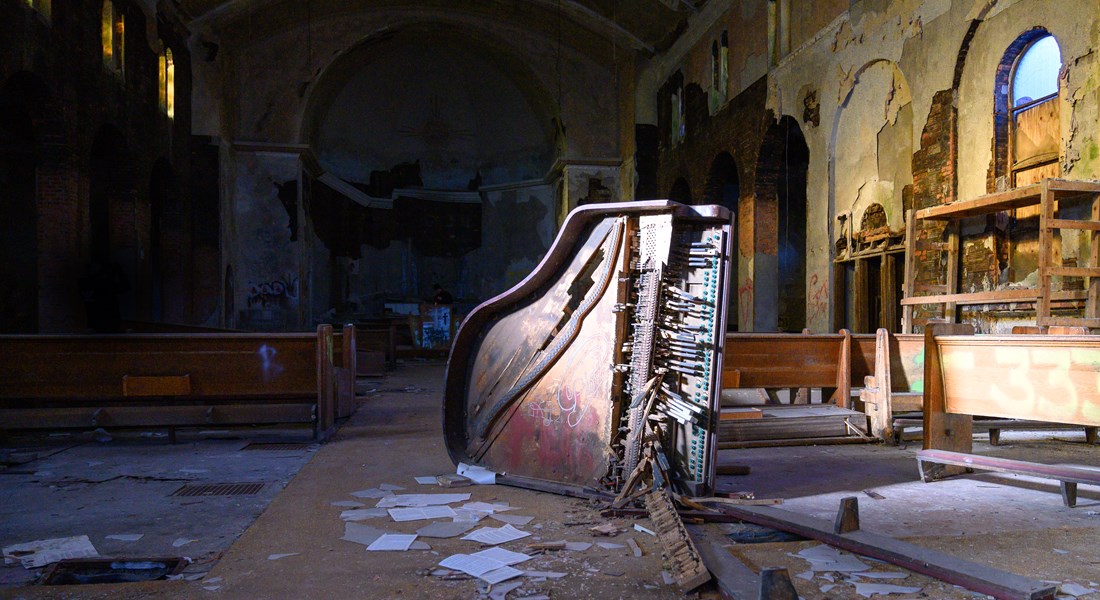Posted22 Feb 2019
- In
Don Giovanni Director's Note
Mozart and Da Ponte’s Don Giovanni has long been one of my favorite operas. My parents first took me to see it in the 1995 season at Glimmerglass Opera. I remember the car ride there when my mom told me the plot, perhaps to prepare me for scenes of violence and sexuality. I was fascinated by it all, of course. They bought me the Harnoncourt recording in the gift shop, and the voices of Gruberova, Hampson, and Bonney accompanied many, many hours sitting in my bedroom, cutting up cardboard, imagining spaces for this sensational music to play out in.
Over the years I—and probably you—have seen many, many productions, and have staged productions of it, too. I’ve sat through all the clichés, and felt all the nostalgia for this so-and-so Donna Anna singing it better than that so-and-so Donna Anna, etc. In the 2018–19 season it ranks among the ten most-performed operas, with 94 productions worldwide (including this one!), according to OperaBase.com. Clearly it is one of the most continually revisited works in the classical music canon.

But this time, for me, returning to the recording and studying the poetry is a knotty exercise. I am bringing with me all the cultural conversations in the media over the last few years about power and abuse, and suddenly this piece I loved leaves a bad taste in my mouth. It is sad to return to something I love and feel it foul. No doubt a universal experience: to return to a loved object, see it for what it truly is, and look back at oneself, shocked and horrified for serving such a thing in the past.
In the world of opera we are bound to a long history of practice: a repertoire of composers, an idolatry of singers, and fantasies of perfection and success. I try to free myself of all of that in my work to tap into something alive, happening here and now in the bodies and imaginations of the young people on stage. There’s no question that Mozart’s opera is formally a masterpiece, and that the content, as problematic as it is, fascinates. We’ve all abstractly known a “Giovanni,” who made us feel so much pleasure and pain, and ultimately helped us learn about ourselves. Mozart draws us in as much as he repulses us. We feel something. We learn about ourselves. We remember. That is the great gift, and service, provided by the theater.
Director R.B. Schlather's program note for Curtis Opera Theatre's production of Don Giovanni.
Leave your comment below.

 Facebook
Facebook Twitter
Twitter More
More